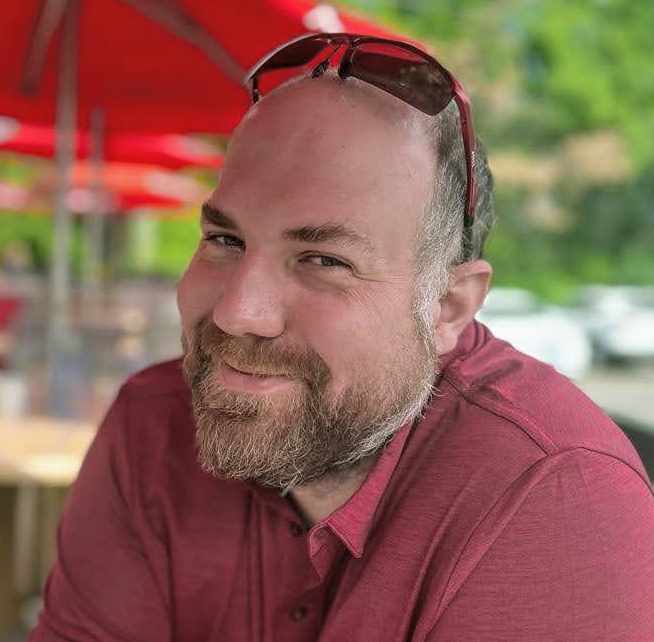I did a talk on Mental Health for a government department recently and a few days before someone asked me “Why do you talk about mental health? It’s an important topic to talk about sure, but why you?”. The root of the question being what qualifies me to talk about mental health. It’s a good question, I don’t have a degree in psychology. I haven’t practiced counseling. I haven’t even lived any traumatic experiences, I’m just a regular person who had a relatively run of the mill experience with mental health over the course of his life.
And I replied saying that was exactly why I was talking about it. Because it’s so common and I’m not special or different. I remember before comparing my depression and anxiety to others who spoke about mental health. Roméo Dallaire, for example, talks about his depression and PTSD. And well when I read that, I was like, well, obviously he’s going to be depressed, that’s some really messed up stuff. I don’t have any of that, what right do I have to be depressed? I should be able to just appreciate life. What’s wrong with me?
Often when we talk about mental health, it’s in the abstract. Bell’s Mental Health campaign rolls around and we all post about how we support mental health and we should talk about it. I think it’s a great start, but we don’t often talk about the details and the real life implications of mental health. How ridiculous it can feel to be depressed. How much despair there can be. How painful it is. How mundane it can be and feel.
So that’s why I talk about mental health. Because I want to help normalize just plain old run of the mill mental health problems.
If you want to learn more in a humorous way, I encourage you to read:
http://hyperboleandahalf.blogspot.ca/2011/10/adventures-in-depression.html
and
http://hyperboleandahalf.blogspot.ca/2013/05/depression-part-two.html
which is where the image at the top of this post comes from 🙂
